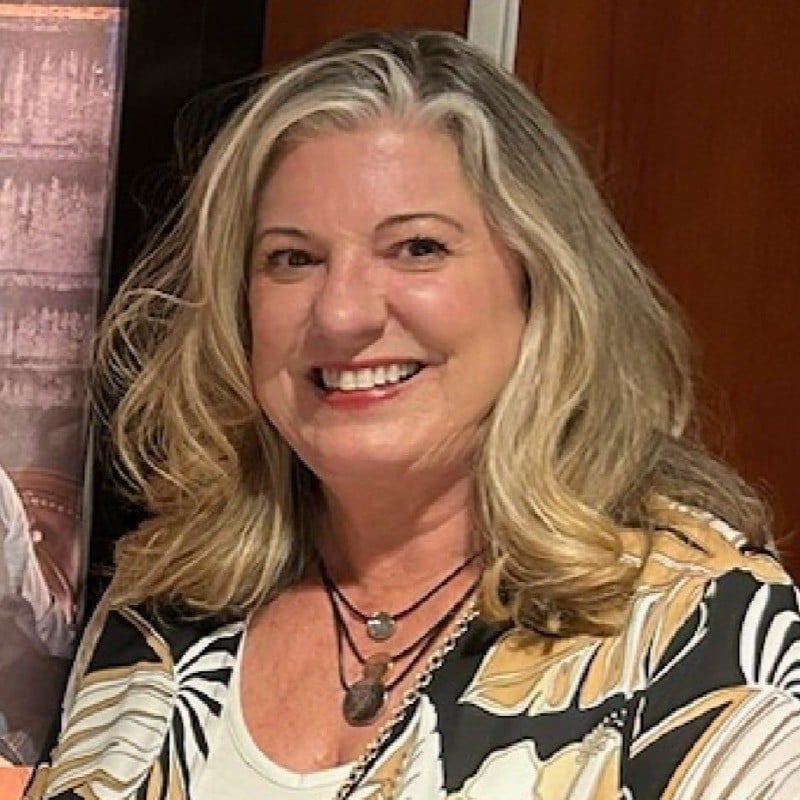More and more credit unions are developing in-house financial coaching programs—and for good reason. These programs not only serve as valuable support systems for members but also open the door to meaningful sales conversations. For example, when a member comes in for a credit report review or help with setting up a budget, it’s easy for that interaction to evolve into, “We have a great consolidation loan that could help with your monthly cash flow,” or “Let’s refinance those two auto loans into something with a lower rate.” In this way, financial coaching can naturally lead to product and service opportunities that benefit both the member and the credit union.
But what about the members who aren’t in a position to take on new debt—or who can’t yet qualify for a second-chance checking account? How do we help them move toward a place where they can become financially stable, and eventually, a profitable credit union member? A recent study found that over 50% of Americans have cried about money. That number likely includes some of your members. With this level of shame and emotional weight surrounding finances, it’s vital to offer compassionate, judgment-free, and holistic support when someone walks through your doors seeking help.
Most people looking for financial guidance already know the basics: spend less, save more, stick to a budget. What they’re truly seeking isn’t a lecture—it’s a fresh perspective. They want someone to look at their unique situation, help them find small but meaningful adjustments, and offer realistic strategies they can actually implement. In fact, some of the most financially stressed individuals are also the most resourceful—many have mastered the art of surviving on very little.
Often, the barrier to financial stability isn’t just about spending habits—it’s income instability or a life event: divorce, job loss, a health crisis, or even widowhood. These are situations where no credit card, no consolidation loan, and no refinancing option is going to solve the problem. What these members truly need is someone who can look at the bigger picture and offer real, human support that considers every aspect of their life—not just their account balance.
That’s why, if your credit union is considering launching (or already has) a financial counseling program, it's important to empower counselors with more than financial products. Give them a toolkit of local resources that can serve as lifelines for members in crisis. This includes everything from food pantries and housing programs to utility assistance, healthcare access, job support, and legal aid. Having a centralized, easily accessible resource list—hosted on a platform like SharePoint or your intranet—ensures that all employees across all branches can provide consistent, helpful referrals. For larger credit unions, make sure this list is regionally inclusive, covering all the cities, counties, and states you serve.
Some examples of community-based resources might include:
- Food assistance: Food pantries, community kitchens, and mobile distribution sites
- Financial aid & utilities: Community Action Agencies, energy assistance programs, senior services
- Healthcare services: Community health clinics, mental health support, dental/vision programs, veterans’ services
- Housing & shelters: Low-income housing, transitional shelters, Housing Authority programs
- Employment support: Job boards, vocational rehab, workforce training centers
- Education resources: GED prep programs, community college assistance
- Legal services: State bar referrals, free legal clinics, tenant advocacy, consumer protection services
- Non-crisis local info: Public transportation schedules, city resource offices, and more
And why stop at referrals? Partnering with local organizations—volunteering at a food bank, teaching a budgeting class at a shelter—allows your credit union to strengthen its role as a community partner. It’s one thing to say you care; it’s another to show up and prove it.
Offering this kind of holistic support—resources that meet members where they are—isn’t just the right thing to do. It builds trust. It deepens relationships. And over time, it transforms members who once felt hopeless into members who are loyal, empowered, and financially thriving. That loyalty is priceless—and yes, it can also lead to more sustainable, long-term business growth for the credit union. At the end of the day, your members’ success is your success. By looking beyond products and embracing the full spectrum of financial wellness, your credit union can become not just a lender, but a lifeline.







